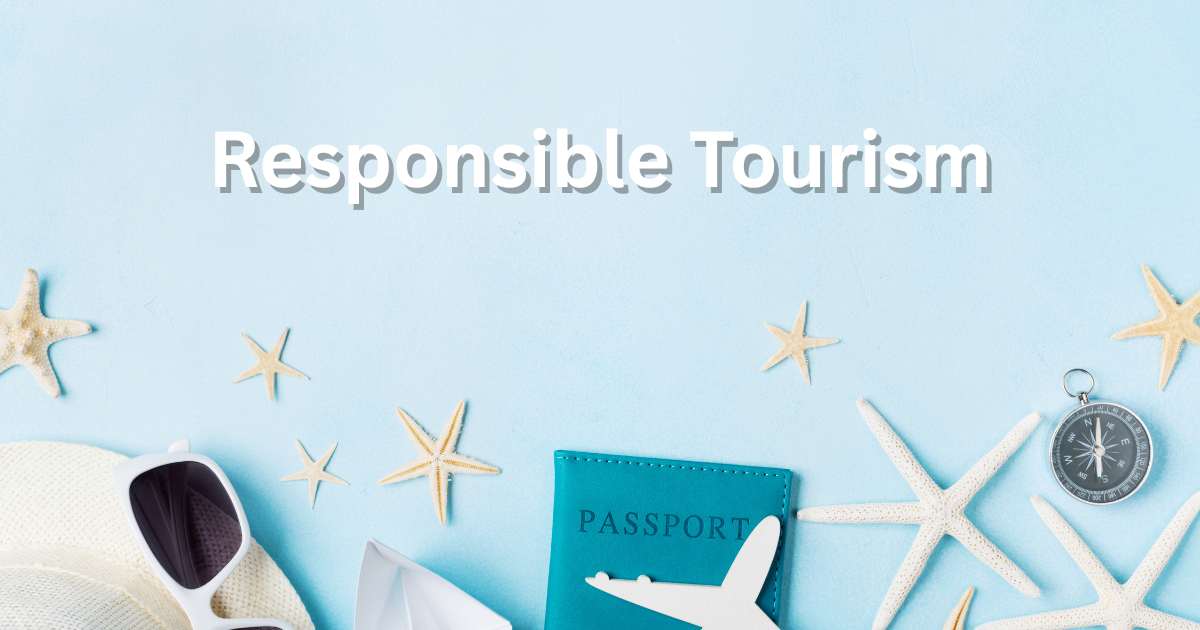
Isn’t responsible tourism just repackaged sustainable tourism? No, but, understandably, you can mix up the two. These terms are closely interlinked and address two halves of one whole. Where the question surrounding sustainability focuses on the role that tourism operators play, the other emphasises that the clients need to consider their impact on the environment and the communities they enter.
Responsible tourism asks that individual travellers ensure they reduce the impact that they have on the social, economic and natural environment. It can be defined as behaviour that:
- minimises negative economic, environmental and social impacts;
- generates greater economic benefits for local people and enhances the well-being of host communities, improves working conditions and access to the industry;
- involves local people in decisions that affect their lives and life changes;
- makes positive contributions to the conservation of natural and cultural heritage, to the maintenance of the world’s diversity;
- provides more enjoyable experiences for tourists through more meaningful connections with local people, and a greater understanding of local cultural, social and environmental issues;
- provide access for people with disabilities and the disadvantaged;
- is culturally sensitive, engenders respect between tourists and hosts, and builds local pride and confidence.
What Does Responsible Tourism Look Like
Since these two terms are two sides of the same coin, let’s look at some examples of what this means.
Support Local Communities and Businesses
Supporting Local Communities and Businesses can look like tourists opting to support the initiatives in the community they are visiting, or businesses that opt for hand-crafted items made by local crafters instead of using mass-produced decor in their facilities.
Show Respect to the Environment
Showing respect to the environment is simple. Travellers and tour operators need to take responsibility for their interactions with the world around them. This can look like ensuring “you leave nothing but your footprints” by not littering, and that you leave everything the way you found it, like not removing plants or animals from their natural habitat.
Learn More About the Local Community, Economy and Environment
This entails that visitors seek out information about the area and assess how they impact it through their presence there.
The SME’s Responsibility
It can be said that sustainable tourism focuses on awareness, whereas responsible tourism drives action. So how can businesses – operators and accommodation providers – become involved in a way that enhances responsible tourism even though the emphasis thereof is on travellers? Here are some ways:
- Businesses can attract environmentally conscious people through their marketing efforts and business strategy.
- Set up recycling units that enable visitors to act responsibly and mark them clearly.
- Signage that offers responsible action, such as a notice that reminds customers to switch off lights when they are not in the room, makes them aware of how much water is used in showers between putting on shampoo and rinsing, or even indicating that if you prefer your towels not to be washed to save water, that is an option.
- Encourage people to support local businesses such as museums, activities, etc, by promoting these facilities in your business.
- Offer educational programmes or facilities that share information about local customs or the community. This can be programmes specifically designed for holidays, or it can even be a facility where visitors can take a self-guided tour and explore the area’s history and culture.
- Partnering with operators who also take sustainable tourism seriously enables travellers to make responsible decisions. You can highlight that your transport, accommodation or operators are all sustainable tourism businesses and that by using them, visitors and holiday goers are making responsible decisions. This reinforces the client’s autonomy in making responsible choices.
- Educational centres that share information about fauna and flora, especially protected species, can be particularly helpful. Depending on where you are based, you can see what in your area needs to be highlighted and learn more about.
As simple as it may be to think that being a responsible tourist lies on the tourists themselves, SMEs that have tourism and travel businesses can also do their part to encourage responsible tourism.
Now that you know what the difference between sustainable and responsible tourism is, you can find out how you can grow your sustainable tourism business in our article.






